CCIC Singapore to liquidate, retrench 300 staff after US sanctions cripple operations
CCIC Singapore will shut down and enter liquidation following US sanctions that froze its bank accounts, leaving more than 300 employees in Singapore jobless.
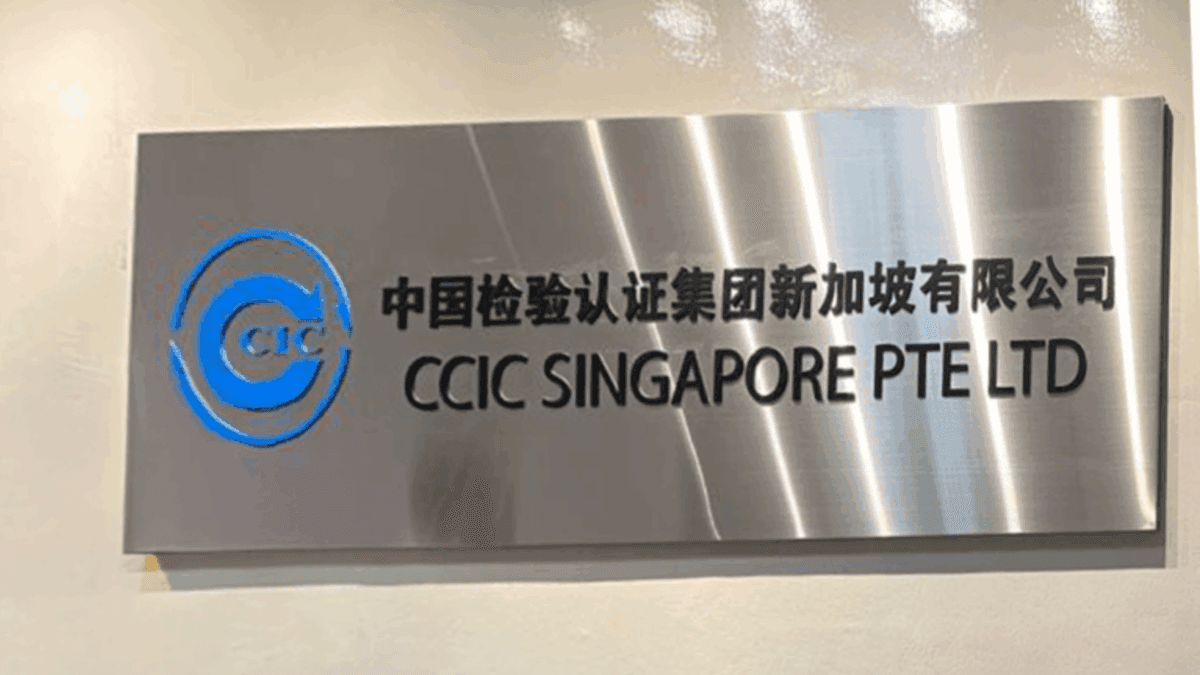
- CCIC Singapore to shut down and liquidate after May 2025 US sanctions froze bank accounts and crippled operations.
- Over 300 Singapore-based employees retrenched; some report delayed salaries.
- Retrenchment benefits will only be fully paid after liquidation ends in June 2026.
- The US accuses CCIC Singapore of helping disguise Iranian oil exports to China, linking the company to Iran’s military and sanctioned oil trade.
- Parent company CCIC is a Chinese state-owned enterprise; Singapore subsidiary served major global energy firms.
CCIC Singapore has announced that it will cease operations and begin business liquidation, citing the unexpectedly severe impact of US sanctions imposed in May 2025.
The move will see more than 300 Singapore-based employees retrenched, with additional job losses in Malaysia.
In a statement to state media CNA, the firm said it was left with no choice after banks froze its accounts, cutting off cash flow and forcing clients to pull out.
“This led to a breakdown in cash flow, loss of clients and severe disruption to overall operations,” the company said.
“The primary reason is that the impact of the sanctions has far exceeded expectations—banks have ceased providing services, and salaries and operational costs can no longer be paid.”
US sanctions and alleged role in Iranian oil trade
On 13 May, the US Treasury Department blacklisted CCIC Singapore along with 14 other companies, accusing them of obscuring the origins of Iranian oil exports to China.
Washington said CCIC Singapore had been relied upon by Sepehr Energy, a front company tied to Iran’s military, to inspect shipments. The firm allegedly supplied falsified documents to disguise the oil’s origin.
The Treasury Department further alleged that CCIC Singapore’s activities helped fund Iran’s ballistic missile and drone programmes, as well as regional militant groups.
According to US officials, the firm oversaw the transfer of around 2 million barrels of Iranian oil in 2024.
The sanctions freeze any assets connected to CCIC Singapore in the US financial system and bar American firms from doing business with it. Entities at least 50 percent owned by sanctioned parties are also subject to restrictions.
Retrenchment with little notice
Employees were notified of their termination on 30 May, effective the next day. Several affected workers told CNA they were shocked by the speed of the decision.
Staff estimates suggest CCIC Singapore employed over 400 people across Singapore and Malaysia, with around three-quarters based in Singapore.
Retrenchment letters reportedly stated that benefits would only be paid after liquidation, with completion targeted by 30 June 2026.
Delayed payments and severance concerns
The company confirmed it would settle May salaries and partial severance packages within three days of its announcement.
However, full retrenchment benefits will only be disbursed at the end of the liquidation process.
Some employees had already faced delays in receiving wages in recent months, a problem attributed to frozen accounts.
Management described the shutdown as an “extremely difficult” but unavoidable decision.
“The decision was extremely challenging for the management team, but it is a rational choice that had to be made under the current circumstances,” CCIC Singapore said.
Industry standing and parent company ties
Founded in 1989, CCIC Singapore was headquartered at Singapore Science Park and served global energy majors including Shell, BP, Total, and Exxon Mobil, alongside major Chinese petrochemical firms.
Its parent company, China Certification and Inspection Group (CCIC), is a Chinese state-owned enterprise established in 1980 and overseen by the State-Owned Assets Supervision and Administration Commission (SASAC) of China’s State Council.
When asked whether it would challenge the sanctions or contest the allegations, CCIC Singapore maintained that its subsidiaries were required to comply with both local and international laws.
It pledged to handle “related matters in accordance with the law” and to remain in communication with “all relevant parties.”



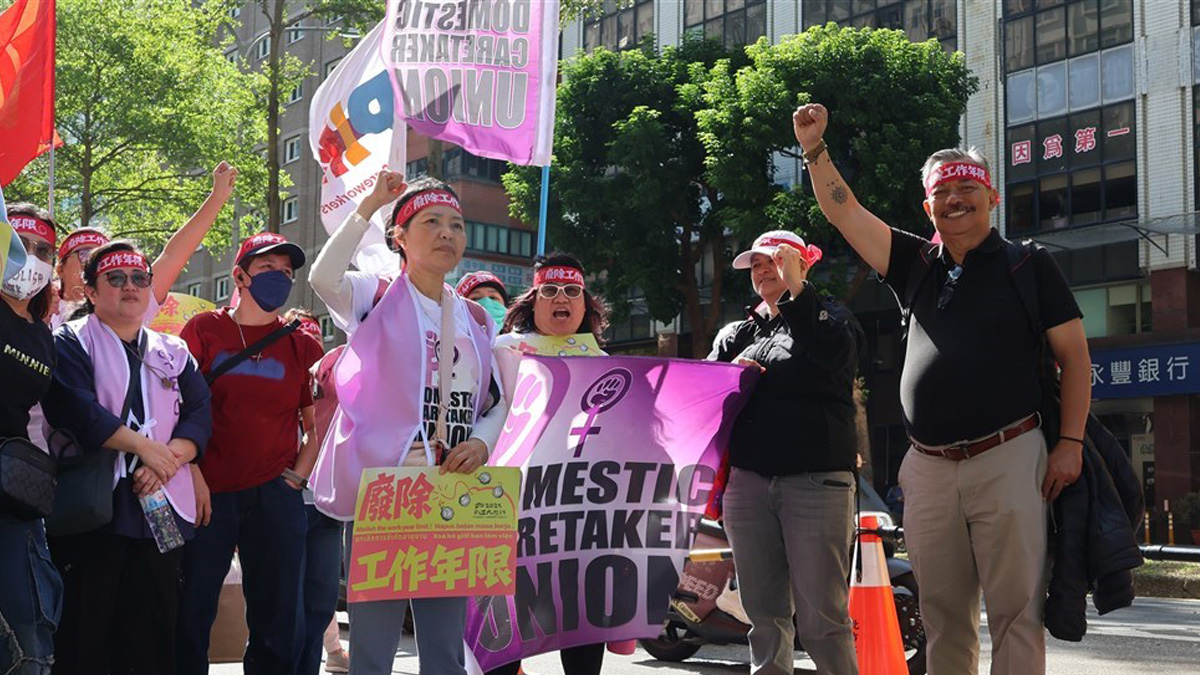
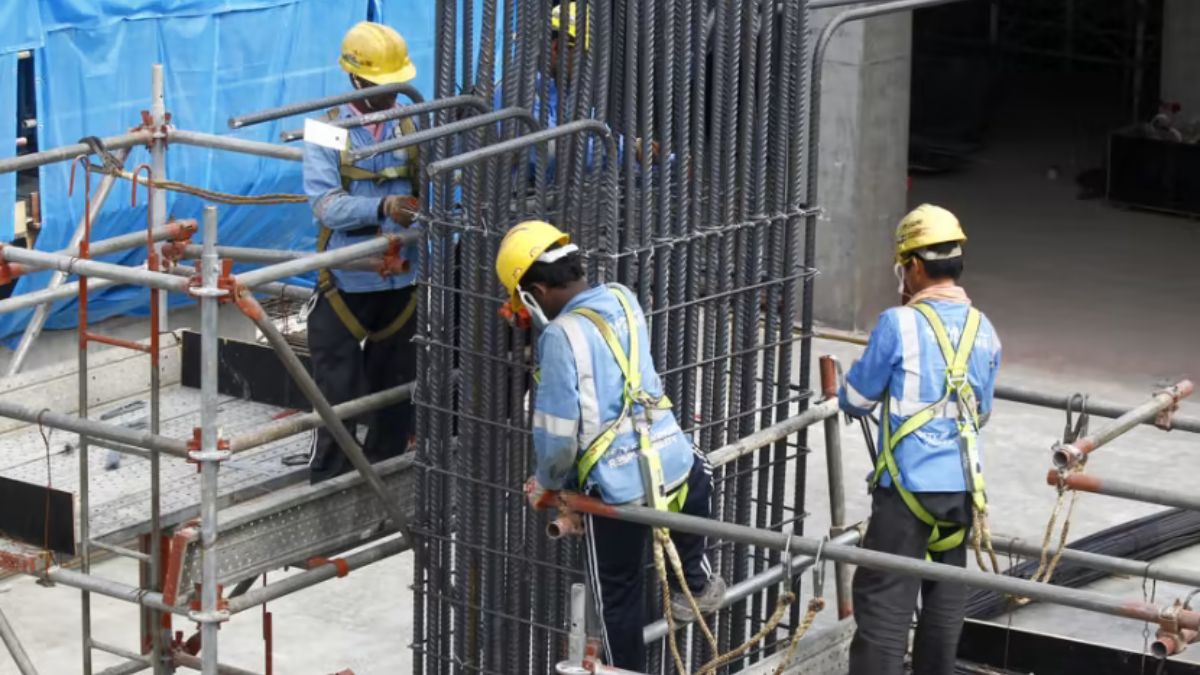
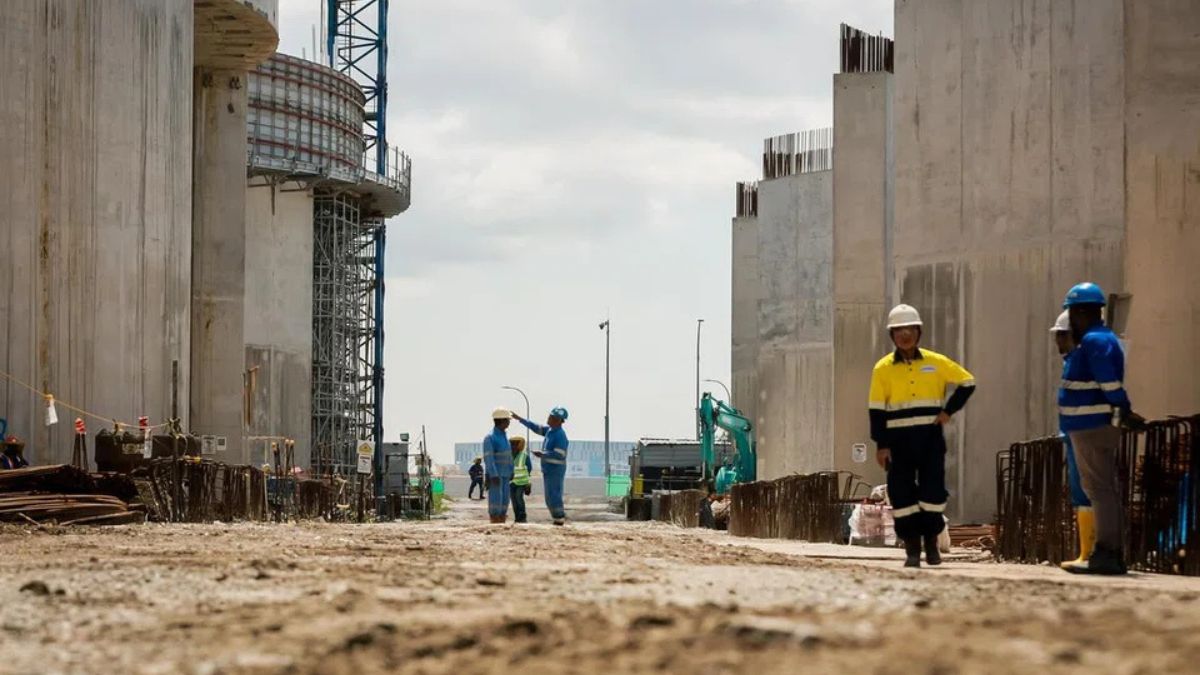
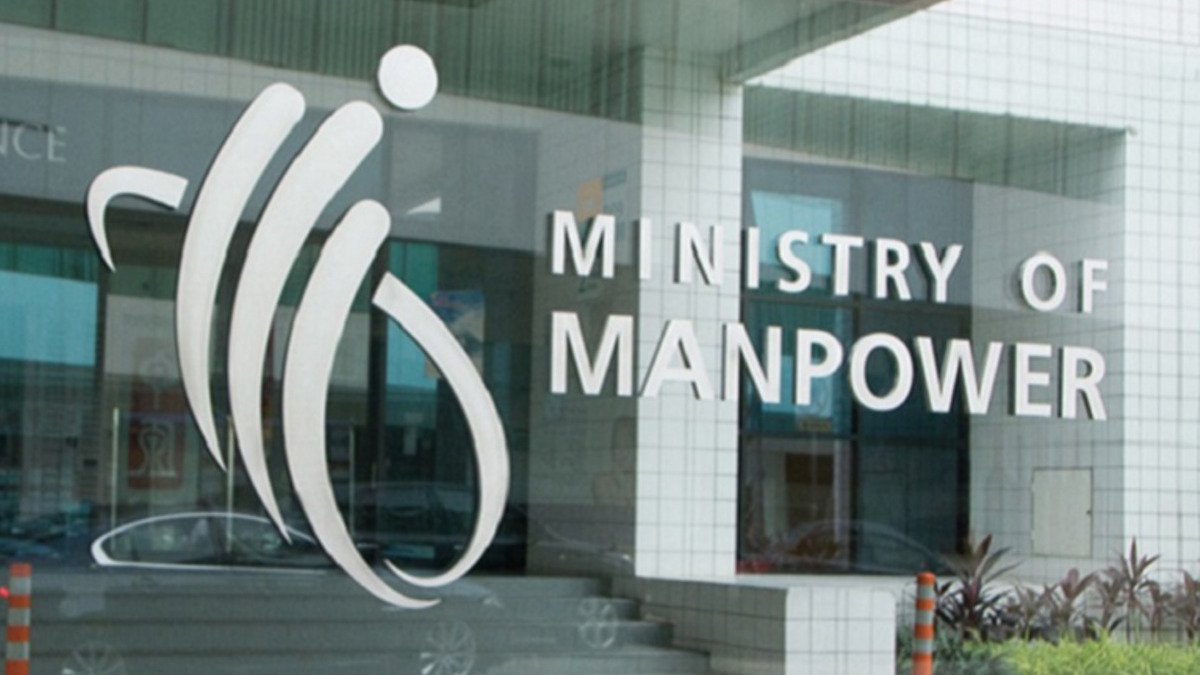
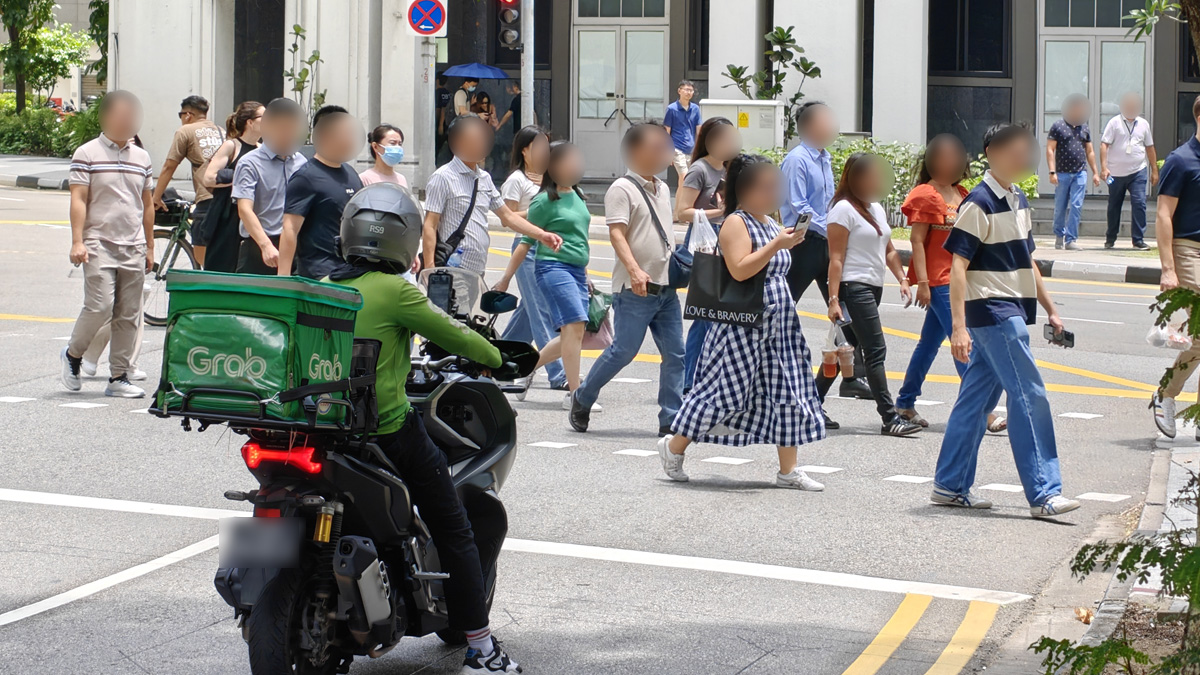
0 Comments